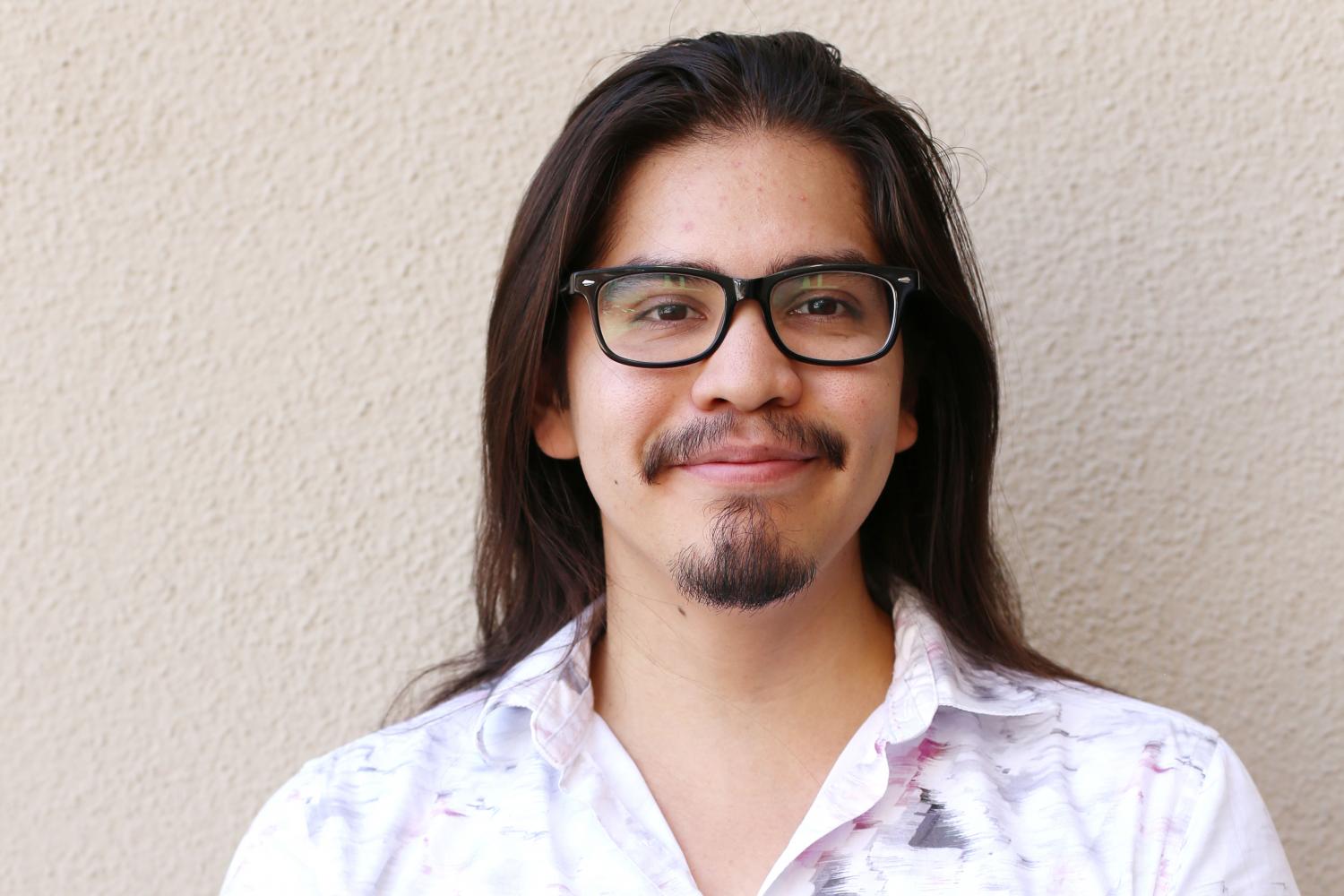My summer was spent in Washington D.C., in Congress, where I spent every day covering press conferences, committee meetings, protests, votes and anything else that I wanted. I was surrounded by journalists who, despite what some think, work long and hard hours, trying to constantly update the nation with fair and accurate reporting.
I also saw how exhausted they were, and how much they were expected to get done in a short amount of time.
When I first arrived, my editor told me that if a protest happened, he expected a story within the hour. That’s going down to wherever it’s being held, finding out what they want (they being anyone who was for the protest, against it or undecided), why they want it, who put it together and to take pictures. Then return and put it all together. It has to explain the situation accurately, provide the correct context, get all the sides of the story, the pros and cons of those stances and be as accurate as possible. It was daunting at first. But, honestly, that’s an easy story and one that they gave to the intern (me) because, for the most part, people go to protests to voice their concerns. The stories that drive the news cycle are much more complex and have to be done just as fast if not faster.
When they weren’t writing or chasing down a source, they were tweeting small bits of news they heard at a conference, or catching up on the news from the past hour, or going on TV to talk about a story they broke, or trying to think of another angle to a story. Honestly, it was exhausting just watching them.
It was inspirational to me as an aspiring journalist, but it also made me realize how much pressure journalists face in a time when the nation is suspicious of a profession. Without their hard work, the nation would only know what politicians want you to know.
Press conferences are largely a way politicians try to maneuver politically, or sell themselves. The important information the public needs to know doesn’t come from their prepared speech written by someone else that follows party guidelines and key phrases, but by the questions asked by journalists after the conference is over. Even then, it’s hard to get a senator to say something that does not benefit the individual’s own interests.
I don’t want to paint all politicians as the same though. I talked to senators and representatives on both sides, who were passionate about health care or government transparency or a lot of different issues that don’t get the same limelight as President Trump’s latest tweet.
Similarly, it’s silly to paint all journalist as “the media” as though thousands of journalist are all part of a single organism with one goal in mind, or are controlled by higher ups in high offices, who decide what latest outrage will distract from the “real” issues.
It would be disheartening if I wasn’t so glad that the public is taking an interest. The public’s scrutiny toward journalist is not unlike the scrutiny we should have toward politicians, and it’s just as complex and important.
I’m glad I was given the opportunity to go, and I wouldn’t have if it were not for my work at the Prospector as well as our professors.






